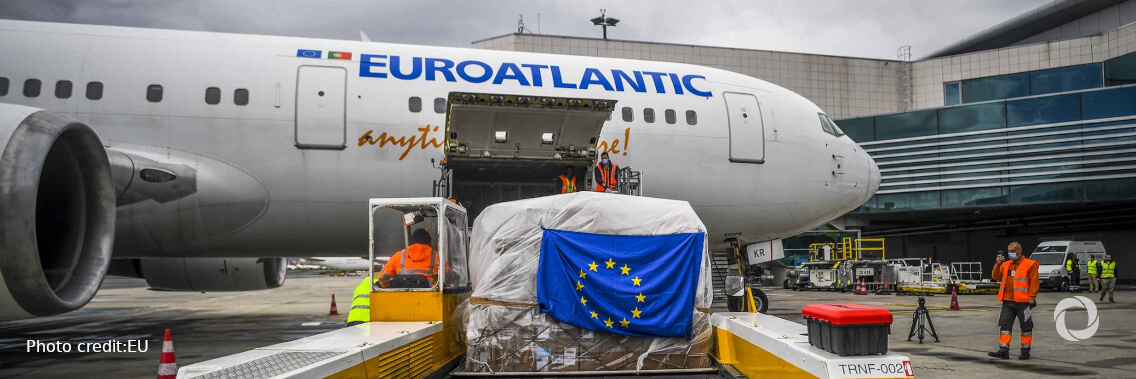The Commission has proposed to strengthen the European Union’s global humanitarian impact in order to meet the substantially rising humanitarian needs exacerbated by the COVID-19 pandemic. The Communication proposes a series of key actions to expedite the provision of humanitarian aid by expanding the resource base, supporting a better enabling environment for humanitarian partners, and addressing the root causes of crises through a ‘Team Europe’ approach. It highlights a renewed focus on international humanitarian law (IHL) and also sets out to tackle the dramatic humanitarian impact of climate change.
High Representative/Vice President, Josep Borrell, said: “Today, the average humanitarian crisis lasts more than 9 years, some even longer. Many risk being ‘forgotten’ such as Yemen or Syria. But the EU does not forget. Humanitarian aid is one of the most tangible examples of the EU’s external action and proof of our solidarity. Respect for International Humanitarian Law must be at the heart of our foreign policy more than ever to support principled humanitarian action and to protect civilians as well as the humanitarian workers who risk their lives to protect them around the world.”
Building a new European Humanitarian Response Capacity
The EU will set up a new European Humanitarian Response Capacity in order to intervene directly in humanitarian crises, when traditional humanitarian delivery mechanisms via EU partners or their capacities may be ineffective or insufficient. This will aim to facilitate logistics including transport, enabling the pooling of resources and facilitating their deployment in the field. This capacity could, for instance, offer logistical assessments, support for initial deployment and procurement, stockpiling, transporting and/or distributing relief items, including COVID-19 vaccines and their delivery in fragile countries. It will work in coordination and complementarity with the EU Civil Protection Mechanism, relying on the operational support of the EU’s Emergency Response Coordination Centre.
Championing respect for International humanitarian law
Direct and often deliberate attacks by belligerents against civilians, hospitals and schools in violation of international humanitarian law are increasing. In 2019, 277 attacks against humanitarian aid workers, with 125 killed, were reported. The EU will therefore put compliance with international humanitarian law even more firmly at the heart of EU external action to protect civilian populations.
Addressing root causes by harnessing synergies between humanitarian relief, development and peace building
Humanitarian aid on its own cannot tackle the complex underlying drivers of conflicts and other crises. The EU will therefore scale up its urgent relief efforts by closely delivering together with development and peace-building actors tackling the root causes of crisis and promoting long-term solutions for humanitarian emergencies.

